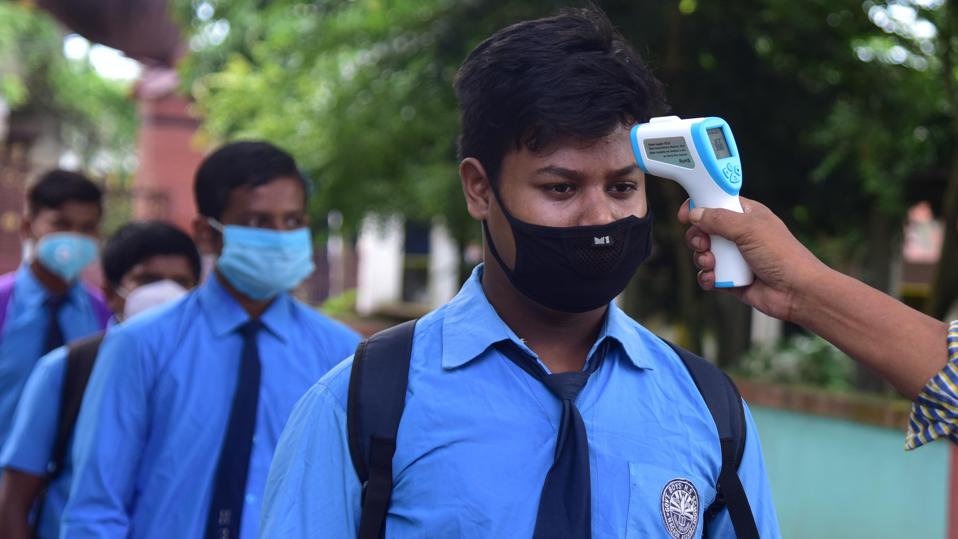No, this is not a concept yacht. It’s a real-life energy-efficient trimaran that’s been sailing the seas since 2012. In fact, you may have spotted her in marinas around the world, where she always attracted attention – of the good and bad variety.
ADASTRA is certainly unique. Whether they love or loathe her design, people love to talk about her and the kind of owner who would commandeer her. It’s an explorer yacht for a brave individual – and if you’re one, she could be yours for a cool $12 million.
To fully understand a yacht like ADASTRA, it’s important to get inside the head of the owner who commissioned McConaghy to build her. In the words of the owner, who wishes to remain anonymous, their initial ambition was: “to cross the oceans and explore the world.”
Think ‘explorer yacht’ and an image of a large ice-breaker vessel carving through polarscapes with a helicopter perched on top springs to mind, but this is only one type of explorer, as ADASTRA proves. She’s not built for the ice, she’s built for exploring tropical islands and remote lagoons where access is was made possible due to her shallowness – she has a draft of only 1.2m (3.9ft).
“ADASTRA is more of an immersive experience compared to what we usually think of an explorer yacht,” says Ian Sherwood, a broker at Burgess. “Whereas they are a safe haven or isolated pocket of luxury in an often hostile environment, ADASTRA is a more authentic experience to those onboard. You are always much closer to the water and the ability to get into shallow waters, behind the main barrier reef, into rivers and tidal basins where larger yachts can’t access is a great appeal.”
The current owner has made plenty of use of this access during the years, exploring hard-to-reach destinations such as the Fulaga lagoon in Fiji's Southern Lau Group – one of his highlights.
Another highlight, in the eyes of the owner, is her exteriors. The owner says: “she’s a serious head tuner. She is the only yacht that everybody looks at.”
But there’s more to the design than drawing attention. One of the key USPs of this 42.6m (139.7ft) trimaran is she’s incredibly energy efficient. ADASTRA has a transpacific range of 10,000nm and yet she can cross the Atlantic twice before needing to refuel. Her multihull design means she’s also incredibly stable and can fly across the waves at 22 knots without losing performance.
The interior, which is more space ship than superyacht, has been carefully designed to continue the ethos of exploration. She’s not laden with facilities and features just essentials including a master cabin and two guest cabins, a living area, a dining area, and crew quarters, but Sherwood claims this is part of her charm. After all, she’s designed for exploration not for sitting for weeks at sea.
Saying that, features such as a garage door which folds out to create a diving platform do increase the space on demand. Likewise the way the boat has been designed with a deep width, curved lines and windows on all sides means that once inside, the interior feels a lot more spacious than it appears from the outside.
Again, everything comes down to the personality of the owner. ADASTRA may not be best suited to someone whose priority is to host parties for 100 guests, but if you want to explore the world with your family or a small group of friends, look this way.
Sherwood adds: “She is a yacht that is never short of admirers and compared to other yachts with the ability for ultra long passage making her amount of storage for provisions is quite modest. For an owner who wants to feel a part of the destination and enjoy fresh local produce and supplies rather than being that little bit further offshore and perhaps a little isolated, then I don’t think there are many yachts that can offer the experience that ADASTRA will provide.”
Sherwood agrees that ADASTA may not be for everyone but, just like Marmite, if you love it, you’ll really love it. And with a maximum speed of 22 knots, you’ve got plenty of speed to leave the critics in your wake.
ADASTRA is being managed by Burgess and has an asking price of $12 million.





















